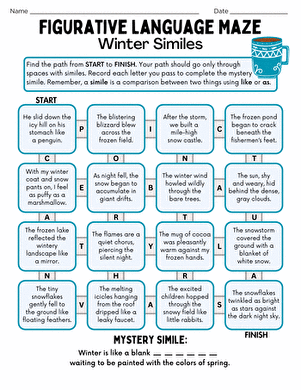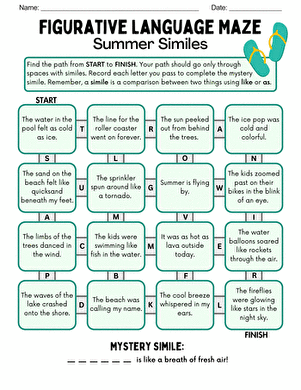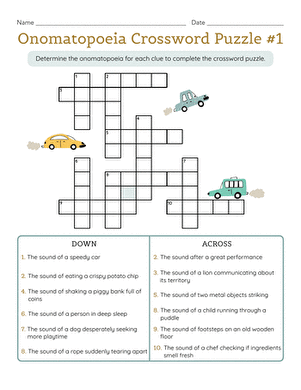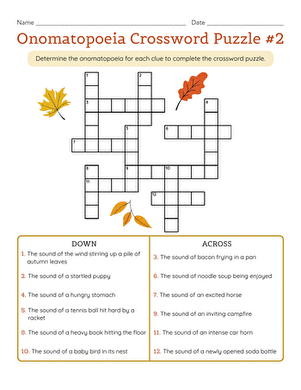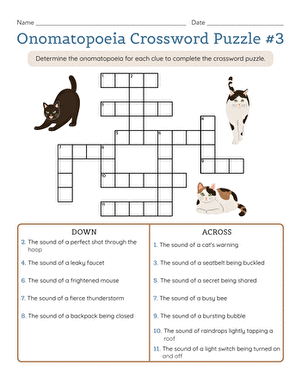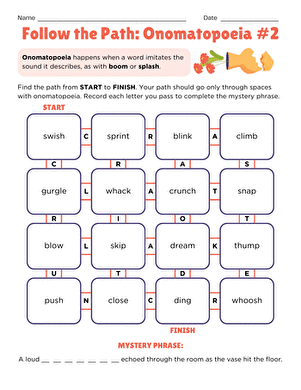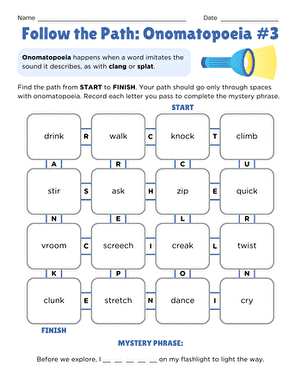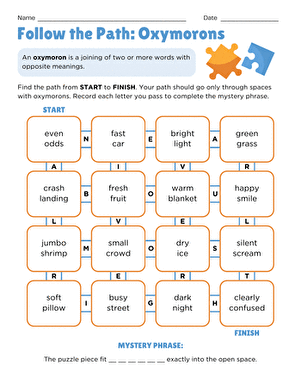Offline Educational 5th Grade Figurative Language Games
About Offline Educational 5th Grade Figurative Language Games
On Education.com, middle grade teachers and parents can explore a variety of educational activities that make learning fun and engaging. This includes printable materials, lesson plans, and interactive games focused on figurative language. These resources help fifth-grade students identify and create imagery with examples like similes, metaphors, idioms, and personification. Providing hands-on activities supports comprehension and encourages creative thinking.
Education.com offers a wide selection of structured lesson plans, worksheets, and printable games for teaching figurative language. Materials like Bingo, Sentence Telephone, and matching exercises help students recognize figurative expressions. These resources provide interactive ways to practice literacy skills both in classroom and home environments. Parents and teachers can use these ready-made materials to enhance vocabulary while making learning memorable.
Using spring action game resources on Education.com allows educators and parents to integrate physical movement with language practice. Activities adapt concepts such as teaching idioms through charades or creating games that reinforce imagery through sentences. These interactive learning experiences foster creativity while strengthening fluency in figurative language. This page provides ready-to-use resources that make teaching language arts Mori engaging and effective for young learners.
Education.com offers a wide selection of structured lesson plans, worksheets, and printable games for teaching figurative language. Materials like Bingo, Sentence Telephone, and matching exercises help students recognize figurative expressions. These resources provide interactive ways to practice literacy skills both in classroom and home environments. Parents and teachers can use these ready-made materials to enhance vocabulary while making learning memorable.
Using spring action game resources on Education.com allows educators and parents to integrate physical movement with language practice. Activities adapt concepts such as teaching idioms through charades or creating games that reinforce imagery through sentences. These interactive learning experiences foster creativity while strengthening fluency in figurative language. This page provides ready-to-use resources that make teaching language arts Mori engaging and effective for young learners.

